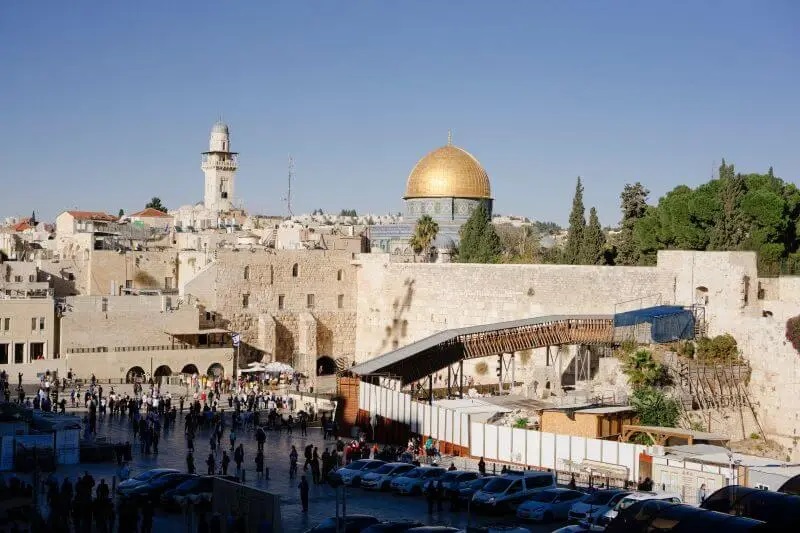Forecasting the Geopolitical Future
In the intricate world of geopolitics, particularly in the unpredictable Middle East, forecasting the future intertwines hope, analytical insight, and a nuanced grasp of complexities. Yet, the pursuit of peace is invariably fraught with risks and uncertainties. Foremost among these is the potential derailment of peace initiatives due to unforeseen events or entrenched stances from both sides. The region’s history often recounts fleeting moments of hope eclipsed by sudden escalations.
Approaches to Mitigate Risks
Addressing these challenges necessitates a multifaceted approach:
• International Diplomacy: The pivotal role of global mediators is to promptly address emerging tensions with solutions respecting both parties’ sovereignty and concerns.
• Domestic Political Dynamics: Internal pressures within both Israel and Hamas influence peace prospects. Any agreement must align with internal political landscapes, demanding leaders who value long-term peace over short-term political victories.
• Economic Partnerships: A key pillar for enduring peace is fostering economic ties. Promoting trade and cooperation between Israel and its neighbors can engender a mutual interest in maintaining peace.
• Building Cultural and Social Connections: Beyond the realms of politics and economy, initiatives fostering social understanding and respect are vital. These include educational collaborations, joint cultural endeavors, and dialogue platforms.
• Addressing Extremism: Crucial to peace is tackling the underlying causes of extremism on both sides, through a combination of security, social, and economic strategies.
The Journey to Lasting Peace
Achieving lasting peace between Israel and Hamas is a complex endeavor, requiring the dedicated commitment of all stakeholders. This commitment must extend beyond formal agreements to practical actions addressing the conflict’s root causes and fostering a sustainable future.
Key Initiatives for Sustainable Peace
• Security Measures: Fundamental to both parties are robust security arrangements that protect Israel from militant attacks and uphold the dignity of the Palestinian people, potentially through international peacekeeping or joint security efforts.
• Resolving Territorial and Border Disputes: The complex issues surrounding Gaza and the West Bank, including border demarcations, necessitate resolutions that may involve land exchanges or special status agreements.
• Refugee Rights and Repatriation: Addressing the Palestinian refugee situation is critical, with solutions ranging from repatriation to compensation, always upholding refugees’ rights and preferences.
• Determining Jerusalem’s Status: The sensitive issue of Jerusalem’s status might be addressed through innovative approaches like a dual capital system or special international status, acknowledging both Israeli and Palestinian perspectives.
• Economic Revival and Assistance: The development and reconstruction of the Palestinian economy, essential for stability, require international aid and the easing of trade barriers to facilitate free movement.
• Engaging Civil Society: The role of civil society in peacebuilding, through grassroots initiatives promoting Israeli-Palestinian understanding and cooperation, is fundamental to achieving long-term reconciliation.
• Garnering International Support: The success of any peace agreement hinges on the backing of the global community, including Arab states and regional powers, in terms of diplomatic recognition, economic support, and peacekeeping assistance.
Conclusion: Realizing the Unthinkable
In conclusion, while the path to peace presents significant challenges, a peaceful coexistence between Israelis and Palestinians is within reach. It necessitates not only the political resolve of leaders but also the proactive engagement of the people, regional actors, and the international community. The journey may be intricate, but with focused and genuine efforts, the once ‘unthinkable’ prospect of lasting peace in the Middle East could become a tangible reality.”
